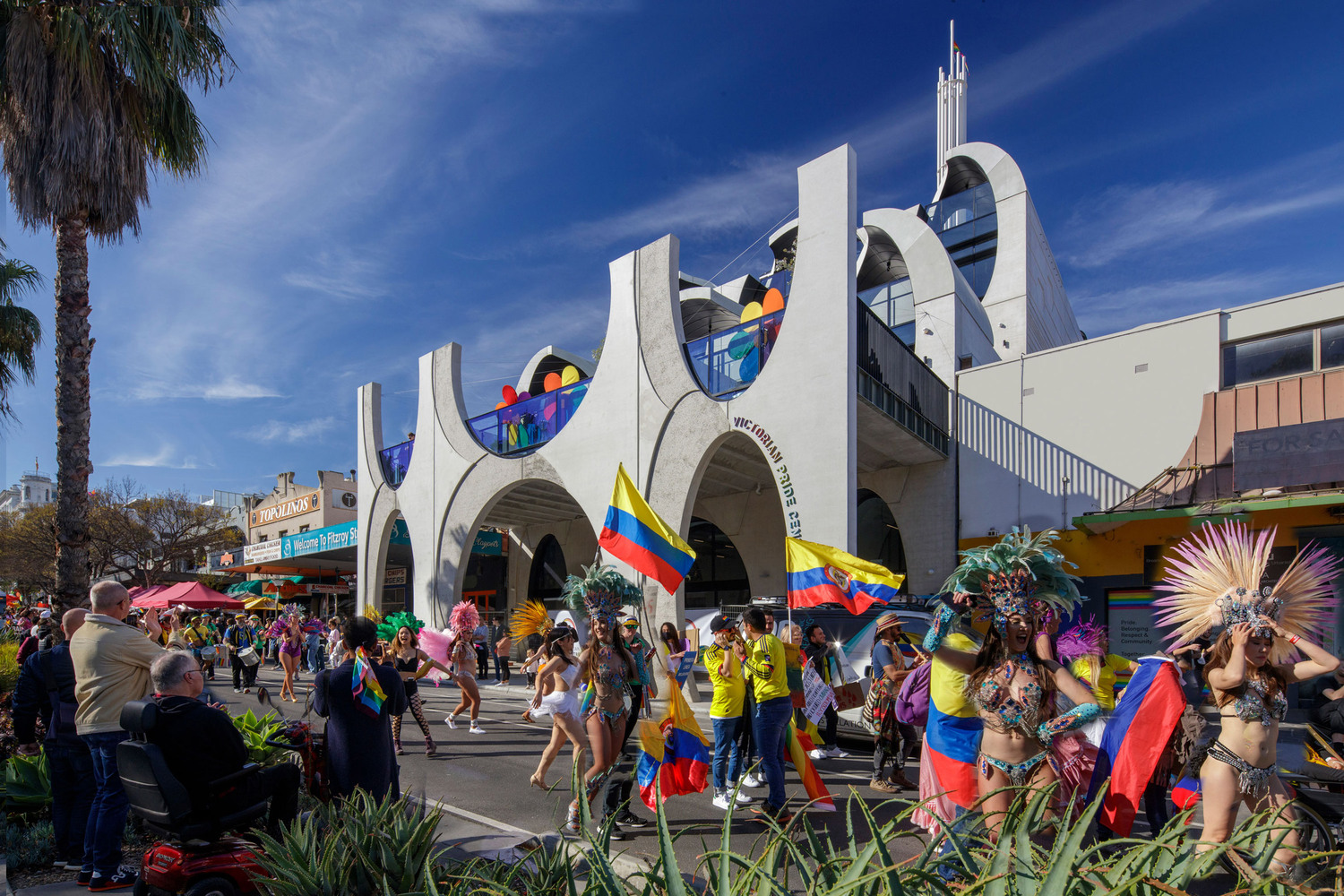Queer Urban Design: Planning for Inclusive Cities
Evolving theories in urban design seek to reframe how cities are built and experienced. As theory and practice grows more empathetic towards the needs of its diverse stakeholders, queer urban design brings a broad and holistic shift to understanding identity and community in publicly inhabited spaces. The approach challenges traditional – often rigid – methods of city planning by applying principles of queer theory to reflect fluidity and interconnectedness. On occasion of Pride Month 2024, ArchDaily investigates the building blocks of “queer urban design” to influence city planning practices to be more inclusive.
Essentially, queer urban design focuses on creating safe and inclusive spaces for LGBTQ+ communities. It aims to cultivate a more inclusive vision of adaptable cities that cater to various human experiences. In some instances, queer urban design has manifested as a rejection of the notion of a preordained order in the field. The view of cities as dynamic ecosystems that contain diversity and interconnectedness takes center stage.


 Picture: John Gollings
Picture: John Gollings
Comments :